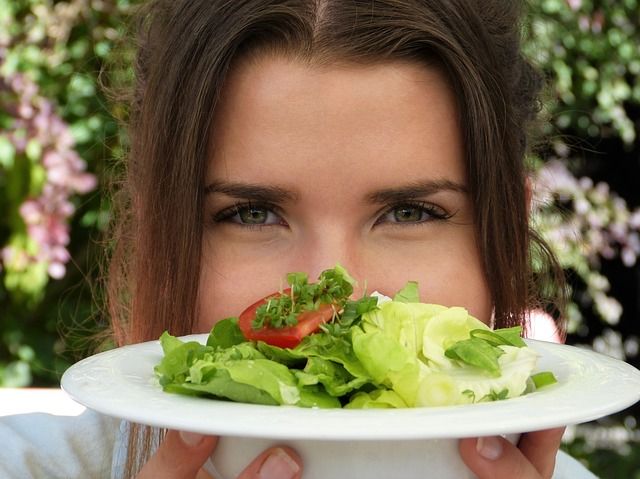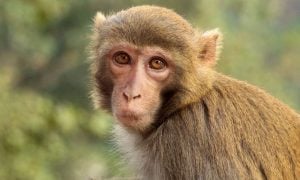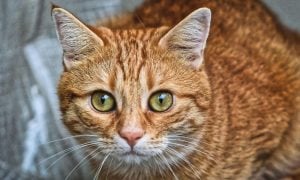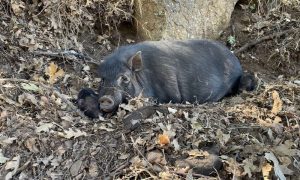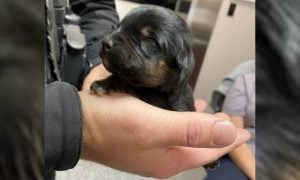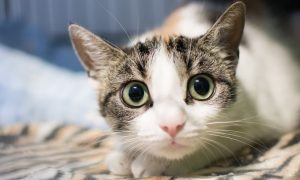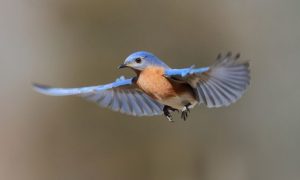The way we eat is very personal. Food keeps us alive, brings us pleasure, and connects us to others. But veganism isn’t just about tofu and veggies. It’s a way of life that encompasses compassion, a connection to the earth, and an awareness of who we are in body and mind.
Selfish beginnings
When I first decided to try a vegan diet, it was for selfish reasons. I wanted to lose weight and to have defined “food rules” that helped me resist fast food or office treats. I’d read that my skin would look better, my grocery bills would be cheaper, and I could still drink wine (a must!). So I made the change and as the years went on I became adept at cooking without animal products. I had mastered the “vegan diet.”
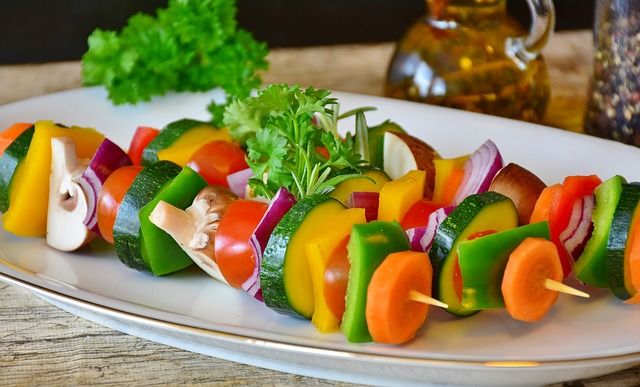
Photo credit Pixabay
So much more than a diet
But something else happened too. Changing my diet allowed me the opportunity to become more aware of myself. Paying attention to the type of foods I consumed translated to mindfulness about my body. Not just physically — as my dedication to veganism grew, my personal philosophy evolved as well. I felt my mental and emotional choices becoming less selfish and based more on ethical considerations.
Another very natural outcome of veganism is finding compassion for the animals who give their lives for the food lining the grocery store shelves. The more I have come to know and enjoy eating without animal products, death and suffering for the food we eat seems more and more pointless. Once you put yourself in an animal’s place, you open your heart and mind to their experiences. Livestock in factory farms surely deserves better. But perhaps grass-fed dairy cows don’t deserve to have their calves taken away year after year. Maybe free-range chickens aren’t living as close to a natural existence as we think. Veganism can also connect you to all animals, not just those we use for food. It isn’t difficult to understand our pets and wildlife are all impacted by our actions, as well.
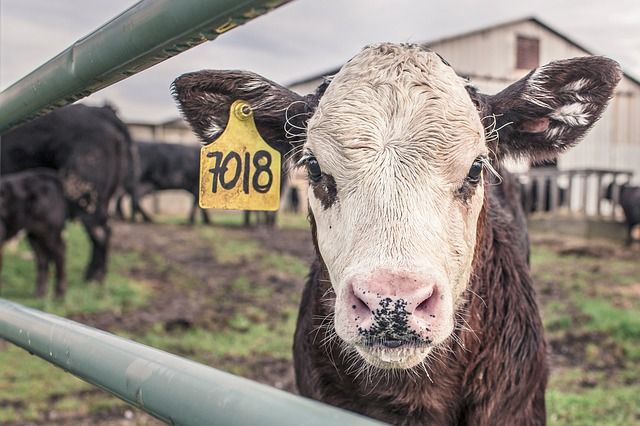
Photo credit Pixabay
Looking even farther afield, science is increasingly demonstrating the global impact of consuming meat is contributing to the detriment of the planet. Cattle range in places that used to be wild. Factory farms produce tons of pollution every year. The transportation of livestock and their feed takes petroleum. We now know that even going vegetarian could help to slow down climate change.
Passing it on
When I had my daughter, I knew I wanted to raise her meat-free. After exploring the hows and whys I found that the heart of passing on veganism isn’t just a diet. It means raising her to understand that animals have feelings and deserve our compassion, that we are all connected to Planet Earth and must take care of it to take care of ourselves, and that how and what we eat nourishes our bodies as well as our minds and spirits. Like I said at the beginning of this article, eating is personal. We each must make up our own minds about our lifestyles; my daughter is no exception. I won’t be able to force her into any certain diet as she grows up. What I will be able to do is show her what I have learned and all the beneficial ways veganism has allowed me to experience life.

